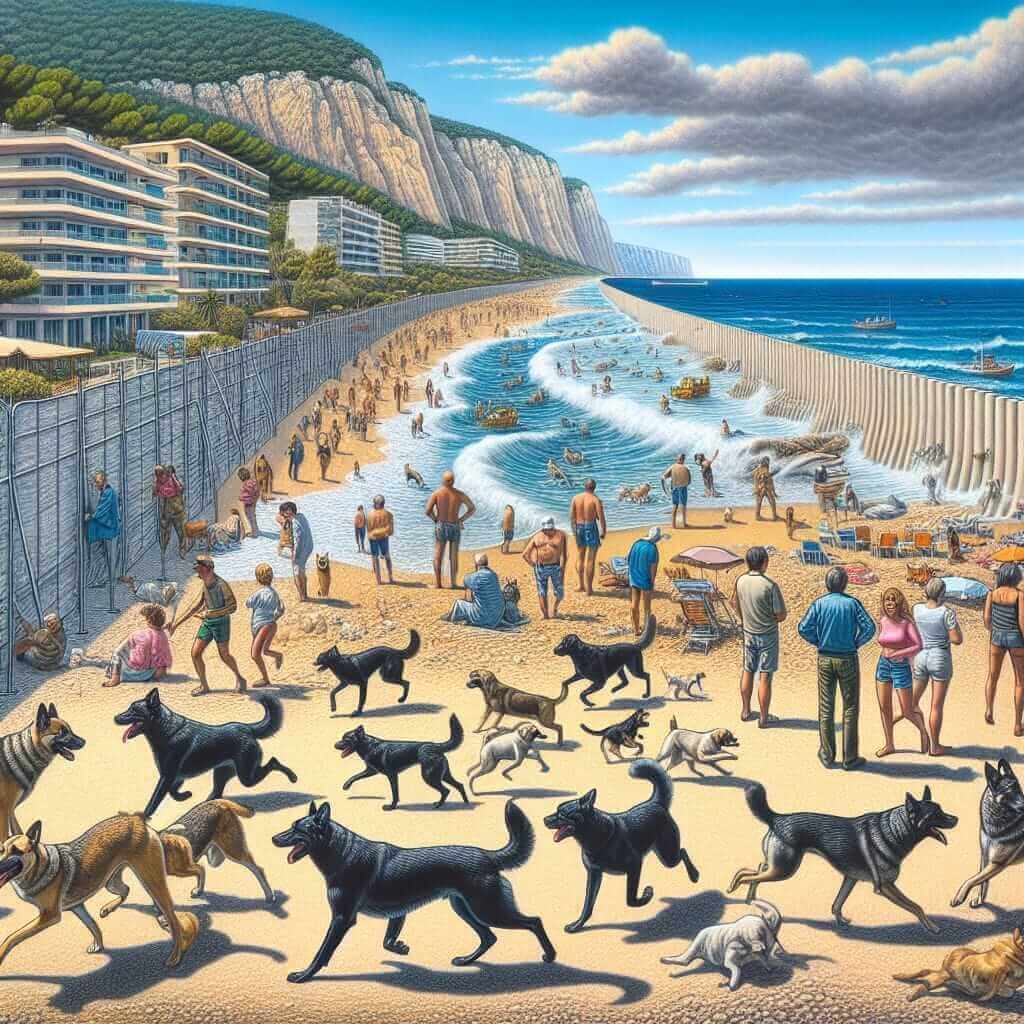The IELTS Reading test assesses your ability to read and understand English texts on various subjects. One of the compelling topics that may appear in the Reading section is the impact of climate change on tourism, especially in vulnerable regions. This issue is not only timely but also significant due to its environmental, economic, and social implications. Given the rising interest in climate change, it’s highly possible that a topic of this nature may appear in future IELTS exams. This article will guide you through a practice IELTS Reading example on this theme and provide tips to ace your test.
Practice Reading Passage: How Climate Change Impacts Tourism in Vulnerable Regions
Passage – Text Difficulty: Medium
Climate change has far-reaching effects, one of which is its impact on tourism. Particularly in vulnerable regions, climate change can significantly alter the landscape, economy, and cultural heritage, leading to both challenges and opportunities for the tourism industry.
In Alpine regions, for example, rising temperatures result in shorter winter seasons, affecting skiing and other winter sports that are central to the local economy. A study by the University of Innsbruck revealed that by 2050, half of Austria’s ski resorts might not be viable without artificial snow. Leveraging artificial snow, however, raises costs and environmental concerns, thus further complicating the scenario.
Coastal areas are also hard-hit by climate change. Rising sea levels and increased frequency of severe weather conditions threaten popular beach destinations. One such example is the Maldives, where tourism is the backbone of the economy. The archipelago faces the dual threat of coral bleaching and rising sea levels, leading to a decline in marine biodiversity and beachfront erosion. Efforts to mitigate these issues often involve significant investment in infrastructure such as seawalls and artificial reefs, which can themselves become tourist attractions.
Ecosystem-based tourism in regions like the Amazon rainforest is similarly jeopardized. Increased temperatures and altered precipitation patterns can lead to changes in flora and fauna, negatively impacting biodiversity. These factors diminish the ‘untouched nature’ experience that attracts eco-tourists. Additionally, forest fires, which have become more frequent, pose a direct threat to both the environment and the local tourism industry.
Nevertheless, climate change also creates new opportunities. Regions previously considered too inhospitable because of cold climates, such as parts of Scandinavia, are now seeing increased tourism. Warmer temperatures make these regions more accessible and appealing, leading to higher tourist numbers and potentially bolstering local economies.
Questions
1. Multiple Choice
1.1 Why is the economic viability of Austria’s ski resorts in question?
A. Due to government policies restricting skiing activities
B. Because of a projected shorter winter season
C. Since tourists prefer other destinations
D. As the cost of accommodation is too high
1.2 What are the Maldives combating to sustain their tourism industry?
A. Depletion of local culture
B. Overpopulation
C. Coral bleaching and beachfront erosion
D. The influx of international tourists
2. Identifying Information (True/False/Not Given)
2.1 Rising sea levels are the only problem faced by coastal regions due to climate change.
2.2 Ecosystem-based tourism in Amazon is guaranteed to thrive indefinitely.
2.3 Artificial snow is a cost-effective solution for Austrian ski resorts.
3. Sentence Completion
3.1 The Amazon rainforest’s tourism industry is primarily threatened by ___.
3.2 Warmer temperatures in Scandinavia are leading to ___.
Answer Key and Explanations
Multiple Choice
1.1: B. Because of a projected shorter winter season
Explanation: The passage states that rising temperatures result in shorter winter seasons, affecting skiing and other winter sports.
1.2: C. Coral bleaching and beachfront erosion
Explanation: The Maldives face the dual threat of coral bleaching and rising sea levels, leading to beachfront erosion.
Identifying Information
2.1: False
Explanation: It’s mentioned that rising sea levels and increased frequency of severe weather conditions are problems faced by coastal regions.
2.2: Not Given
Explanation: The passage mentions threats but does not guarantee indefinite thriving.
2.3: False
Explanation: The passage explains that using artificial snow raises costs and environmental concerns, indicating it is not cost-effective.
Sentence Completion
3.1: forest fires and changes in flora and fauna
Explanation: It’s said that increased temperatures and altered precipitation patterns can impact biodiversity, and forest fires pose a direct threat.
3.2: increased tourism
Explanation: It’s mentioned that warmer temperatures make these cold regions more accessible and appealing, leading to higher tourist numbers.

Common Errors
- Misinterpreting the passage: Often, students misinterpret key information. To avoid this, always underline or mark important details.
- Overlooking specific details: Pay attention to data and specific terms mentioned in the text.
- Running out of time: Practicing under timed conditions can help improve speed and efficiency.
Vocabulary
- Archipelago (n) /ˌɑːr.kəˈpel.ə.ɡoʊ/: a group of islands.
- Precipitation (n) /prɪˌsɪp.ɪˈteɪ.ʃən/: any form of water that falls from clouds and reaches the ground.
- Viable (adj) /ˈvaɪ.ə.bəl/: capable of working successfully.
Grammar Point
Future Perfect Tense
Structure:
- Affirmative: Subject + will have + past participle
- Negative: Subject + will not have + past participle
- Interrogative: Will + subject + have + past participle?
Usage:
Used to indicate that an action will be completed before a specific point in the future.
Example: By 2050, half of Austria’s ski resorts will have ceased operations without artificial snow.
Conclusion
To score high in the IELTS Reading section, practice is essential. Pay careful attention to the information provided and ensure you manage your time efficiently. Remember, understanding the passage thoroughly before jumping to questions can save you from common errors. With diligent practice, staying updated on current issues, and leveraging resources, you can improve your reading skills and excel in your IELTS exam.